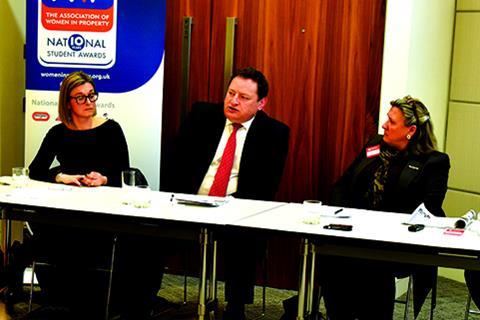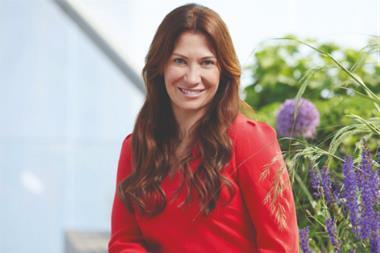A couple of years ago, Women in Property made a decision: we would not support industry events unless there was reasonable gender balance among the list of speakers.

We started challenging conference organisers to try harder. They might want us but we did not want to be conspicuous by other women’s absence. We knew there were so many hugely talented women out there who deserved the platform but they weren’t getting a look-in. And they’re still not.
Why not? Our theory is that it’s a three-way combination of invisible women, fear of leaving a comfort zone and unconscious bias.
When the call comes in from the conference organiser, it will almost always go to the most senior person and because women are still under-represented at senior level, that person is usually male. When that senior male passes on the opportunity, it is inevitably to another senior male and often without considering who would actually be the best person for the topic.
The capable women in the organisation are overlooked. The conference organisers have made contact with their familiar contributors and have a speaker.
Visibility is very important. Being visible in any organisation is not a given. None of us is so naïve as to think that good things – promotions, pay rises, project leads – will just happen. We know we have to put ourselves out there – that we have to be seen to be making our mark; we’ve just not been very good at it historically, although things are beginning to change and we as an industry need to support that change.
Then there’s the comfort zone. I’m the first to admit that conference speaker slots, panel debates and so on do not come naturally to me. But comfort zones are not gender-specific any more than visibility is.

We cannot complain about not getting the speaker slots if we don’t push ourselves, secure in the knowledge that our expertise and delivery are as good as – or better than – the next person’s. Stepping outside that comfort zone helps an individual grow and gain valuable experience and confidence. The more women do this, the more visible they will become.
More recently, women have been criticised for not attending panels even when asked and we have seen panel organisers actively seeking out more women. There is growing awareness of the problems of lack of visibility and comfort zones.
So, a shout-out to conference organisers: don’t just go to the usual organisations that you’ve used before – step outside your own comfort zone and seek out the right person.






























No comments yet